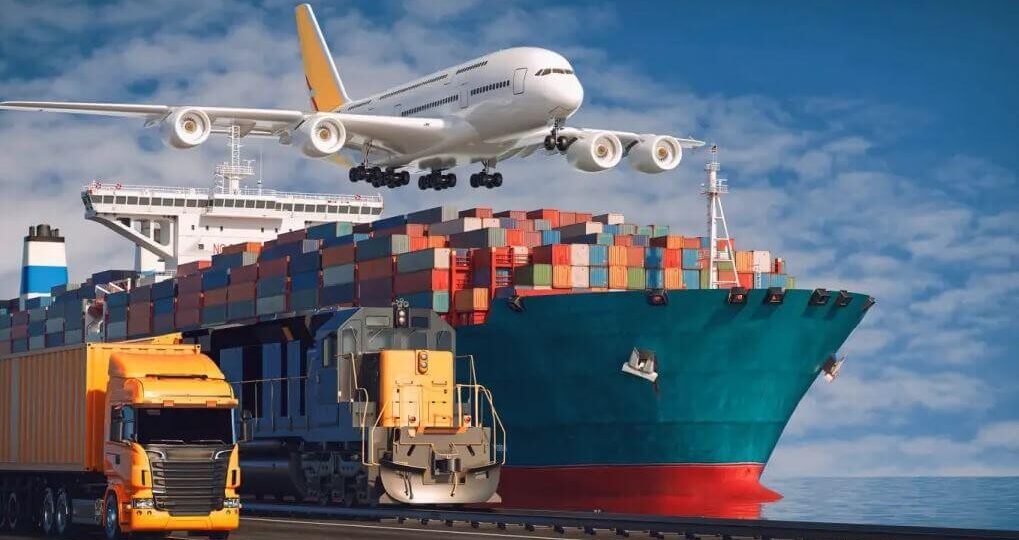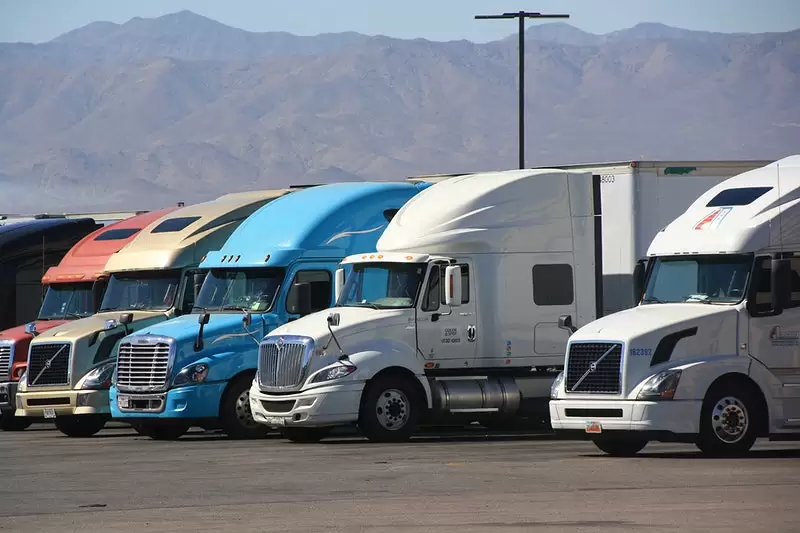
The Impact of Global Trade Policies on Logistics
Global trade policies have huge impacts on logistics, shaping how goods move across borders to consumers around the world. Being basically the backbone of international trade, logistics is hugely driven by these policies that set everything from tariffs to environmental regulations. For a business trying to find its way across the global market, knowing the intricacies of that relationship between trade policies and logistic becomes necessary.
Historical Context of Global Trade Policies
From very simple policies in the early centuries of trade, mainly focused on basic tariffs and duties, to more recent developments in the case of international trade in the recent past, a lot of challenges and opportunities have presented themselves to logistics. Landmark agreements, such as GATT and later WTO, thus fashioned a new look for world trade dynamics.
Key Global Trade Policies Affecting Logistics
There have been a number of main trade policies leaving an almost indelible mark on logistics. Among them is the North American Free Trade Agreement, which significantly lowered trade barriers between the United States, Canada, and Mexico, making cross-border logistics much easier. Another was the Trans-Pacific Partnership, which would have rebuilt logistics across the Asia-Pacific had it come into being. And then there was Brexit, bringing new challenges in having businesses adapt at breakneck speed to new customs and regulatory landscapes. Meanwhile, the ongoing trade negotiations between China and the U.S. are having their ripple effect throughout global supply chains. There is also the trade regulation in the European Union and logistics outlining the within and outside areas of its borders.
Impact of Trade Tariffs on Logistics
Tariffs, initially conceived as a means of protecting domestic industries, often entailed knock-on unintended effects on logistics. In this regard, the increase in price in imported goods by way of tariffs will normally upset well-established supply chains, forcing companies to find alternative routes and thereby increasing not just the shipping cost but also adding complexity to logistics planning. Particularly vulnerable are industries such as automotive and electronics that are deeply reliant upon global supply chains. Setting up mitigation measures against these effects therefore calls for huge investment in logistics infrastructure and technology to adjust to new tariff landscapes.
Non-Tariff Barriers and Logistics
Other non-tariff barriers include sanitary regulations, quotas, and import licenses, all of which make logistics even more difficult. Most of the barriers that are imposed, unlike tariffs, often require nuanced responses. For example, compliance with sanitary regulations might mean changing packaging or even different methods of shipment, and quotas may reduce the quantity of freight that can be exchanged, hence complicating logistics planning. Often, such barriers can be overcome only by close collaboration between logistics providers and regulatory bodies to ensure compliance without sacrificing efficiency.
Technological Advancements in Logistics Due to Trade Policies

Technology is very critical to the logistics sector in terms of enabling it to adapt to changes in trade policies. Automation, data analytics, and digitization have completely altered logistics operations into responsive, efficient services. For example, blockchain technology makes supply chains more transparent and traceable, while advanced data analytical tools afford the capacity for better demand forecasting and route optimization. These technological advancements will thus enhance efficiency and provide support for complying with complex trade regulations.
The Role of International Organizations in Trade Policies
International organizations, like the WTO and the International Maritime Organization (IMO), also have a significant role in shaping worldwide trade policies and, through direct implication, logistics. The role of the WTO in settling trade disputes and as a maker of global standards for trade is quite important in ensuring a predictable environment for logistics. The IMO sets regulations related to maritime shipping, including environmental standards that logistics firms have to abide by. The regional trade organizations, too, play their major role in harmonizing trade policies, which facilitate smoothness in logistics operations across member countries.
Environmental Regulations and Their Impact on Logistics
Environmental regulations are tightening. This has huge implications for logistics. Policies aimed at cutting carbon emissions and promoting sustainable practices are changing logistics. For example, rules on emissions from shipping vessels are forcing companies to turn to cleaner technologies and alternative fuels. Investments are also made in more sustainable logistics practices, such as route optimization to reduce fuel consumption and changing to electric vehicles for the last mile of delivery. All these efforts not only help companies in being compliant with environmental regulations but also increase their reputation as environmentally responsible businesses.
The Future of Global Trade Policies and Logistics
Quite a few major trends will likely be influencing the future of global trade policies and their impact on logistics. Protectionism, new technologies, and stronger calls for sustainability will shape a new face of trade policies. This means that logistics companies need to become even more agile, adjust to new regulations quickly, and make use of technologies in order to maintain competitiveness. While challenges are inevitable, these trends put opportunities for innovation and growth on the table for the logistics industry.
Ending
Next to that, global trade policy is influencing the field of logistics by impacting the shipping cost and routes used in a supply chain. If not thoroughly comprehending the dynamics, one would fail to understand how to sail through the global marketplace and reach over barriers to exploit opportunities.
